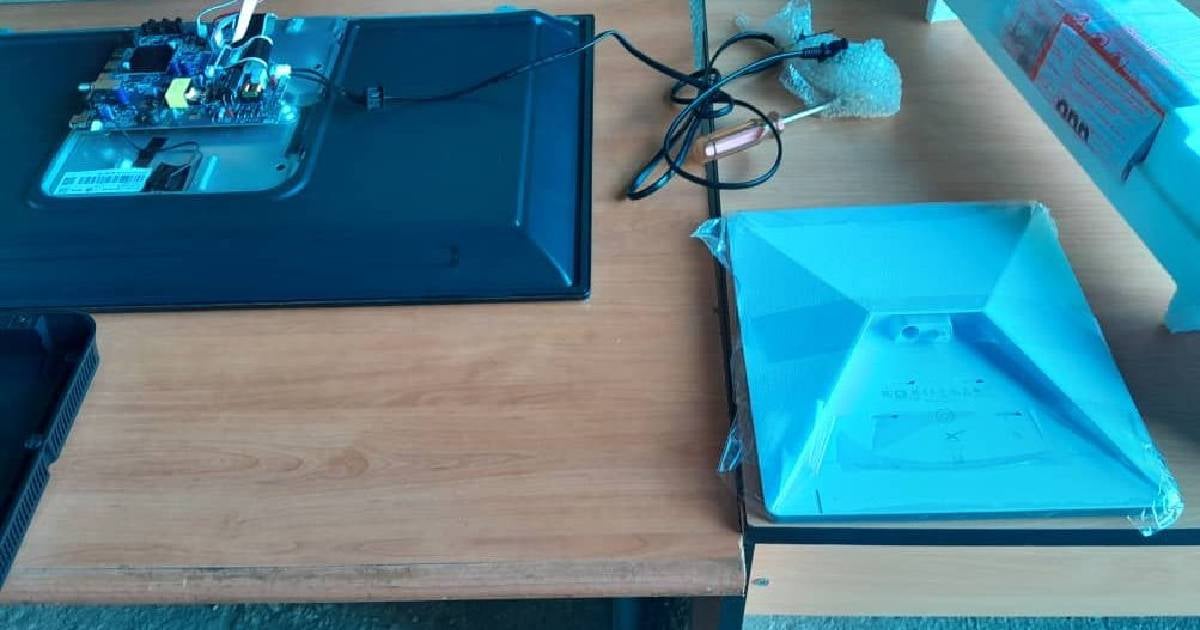The General Customs of the Republic (AGR) recently discovered three Starlink devices hidden within televisions sent from the United States to the province of Holguín. This incident arises amidst heightened efforts by the Cuban government to regulate satellite internet access on the island.
Wiliam Pérez González, the first vice chief of the AGR, confirmed the interception on Sunday via a post on the social media platform X. He attributed the find to the "skill and preparedness" of the customs forces, though he did not elaborate on the specific actions taken following the discovery.
This recent detection is part of the Cuban regime's broader campaign against Starlink, a high-speed satellite internet service developed by the American company SpaceX, owned by billionaire Elon Musk. Starlink provides internet connectivity in remote regions, sidestepping conventional ground-based infrastructure.
In Cuba, Starlink's potential to bypass the state-controlled telecommunications monopoly, ETECSA, poses a challenge to the regime, which enforces stringent restrictions on unrestricted and uncensored internet access. For months, Havana has warned against the importation and utilization of these devices, labeling them illegal and "dangerous" for the control of the radio spectrum. They have also stated that the unauthorized installation and use of Starlink in Cuba is a criminal offense.
Despite these warnings, the reality on the ground differs significantly. Some individuals manage to access this service, which theoretically should not operate on the island, as revealed by an investigation conducted by the alternative media outlet, el TOQUE. On the informal Cuban market, Starlink equipment ranges in price from 1,300 to 1,800 USD, amounts that exceed 500,000 Cuban pesos (CUP) considering the current exchange rates in the informal currency market.
Cuban customs officials have carried out numerous seizures of such equipment, particularly at the José Martí International Airport in Havana. In one of the latest operations, 85 routers were confiscated as part of a crackdown on the entry of antennas and signal repeaters, which Cubans use to gain alternative internet access.
Understanding Cuba's Stance on Starlink
Why is the Cuban government opposed to Starlink?
The Cuban government views Starlink as a threat because it allows users to access the internet without relying on the state-controlled telecommunications monopoly, ETECSA, thereby bypassing government censorship and control.
How are Starlink devices being smuggled into Cuba?
Devices are being concealed in shipments from the U.S., such as within televisions, to avoid detection by customs.
What are the risks of using Starlink in Cuba?
Using Starlink in Cuba without government permission is considered illegal, and those caught may face legal repercussions.
